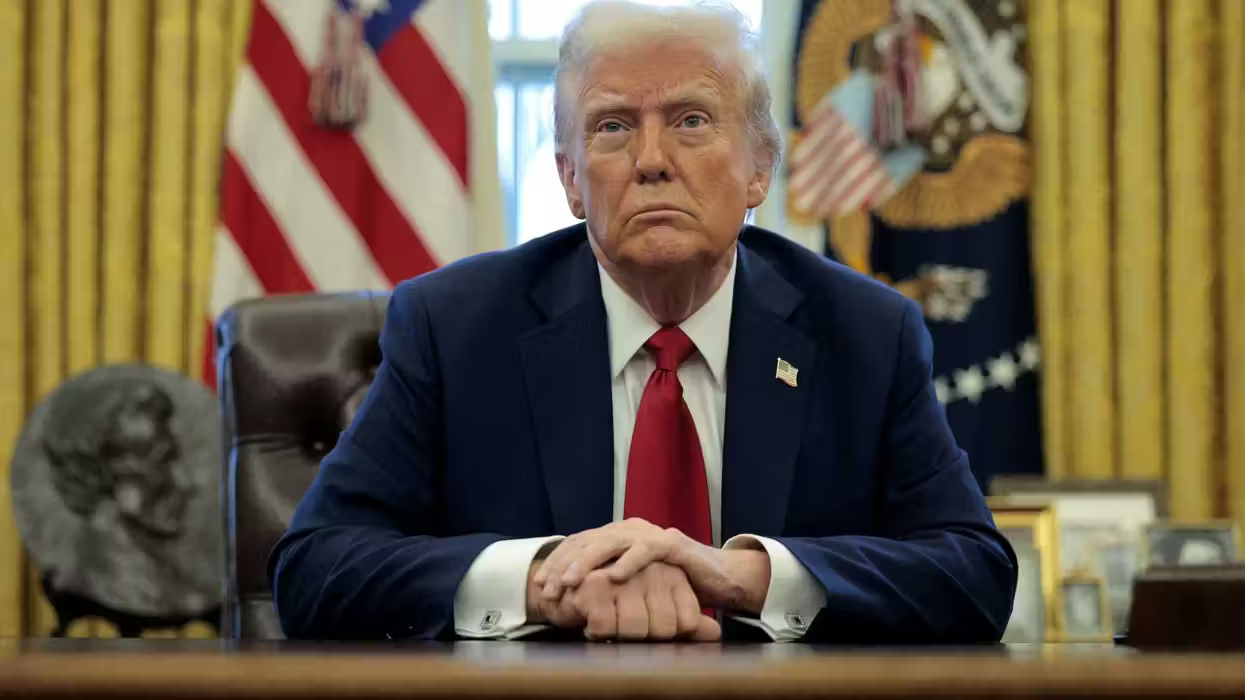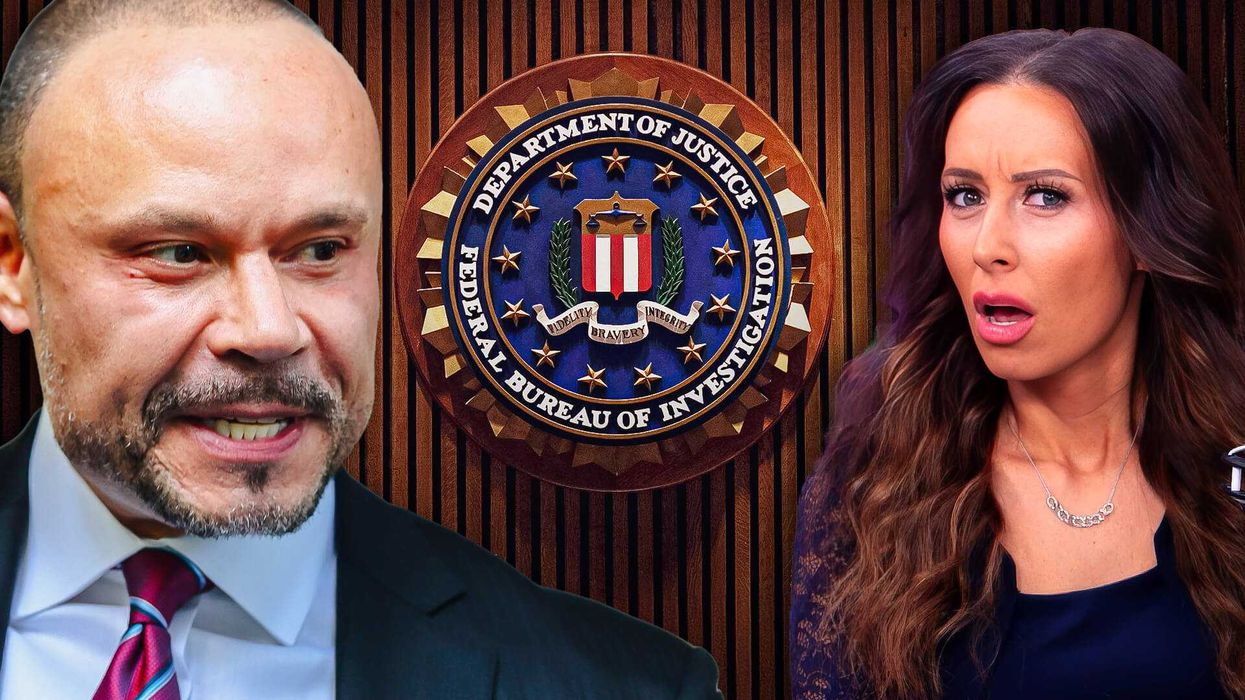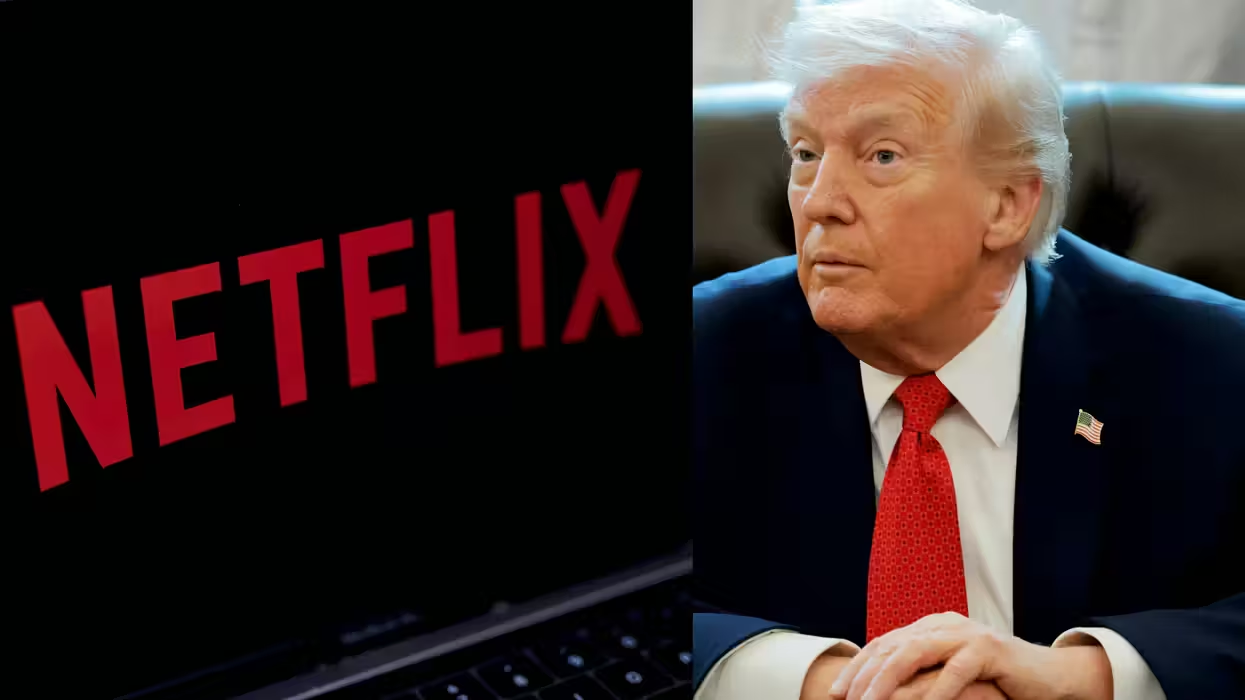The leader of the National Institutes of Health said Sunday that cuts to the NIH budget over the last decade are the reason why his agency hasn't been able to develop a vaccine for Ebola.
While those cuts have taken place under Republican and Democratic Congresses, the charge has lead one left-leaning group to blast Republicans for supporting cuts that are now putting people's lives in danger.
 A hazmat worker cleans outside the apartment building of a hospital worker in Dallas. A Texas health care worker was in full protective gear when they provided hospital care for Ebola patient Thomas Eric Duncan, who later died, and yet still contracted the virus. The National Institutes of Health has said more funding would have let it develop a vaccine by now. (AP Photo/LM Otero)
A hazmat worker cleans outside the apartment building of a hospital worker in Dallas. A Texas health care worker was in full protective gear when they provided hospital care for Ebola patient Thomas Eric Duncan, who later died, and yet still contracted the virus. The National Institutes of Health has said more funding would have let it develop a vaccine by now. (AP Photo/LM Otero)
NIH Director Francis Collins said in an interview with the Huffington Post that his agency had been working on Ebola vaccines since 2001. But he said that research was interrupted by the sequester, which led to cuts in spending across many parts of the government.
"Frankly, if we had not gone through our 10-year slide in research support, we probably would have had a vaccine in time for this that would've gone through clinical trials and would have been ready," he said.
Collins was careful to note the absence of significant budget increases at NIH since 2003. But others have blamed the sequester, which has allowed groups on the left to blame Republicans, and are noting that Republicans have not allowed legislation to boost NIH funding to pass in the House.
At a congressional hearing in September, Anthony Fauci, NIH director of Allergy and Infectious Diseases, said the NIH budget has been flat since 2003. He said that was the "left hook" that has hurt funding into Ebola, and said the "right cross" was the sequester.
That was picked up and used in an ad by the Agenda Project, which includes several Republican members of Congress showing their support for broad "cuts" to government.
That charge is leading right-leaning groups to fight back, by noting that NIH spending has been essentially flat at a time of budget constraints and rising debt, which have forced other budgets to fall sharply.
According to the NIH's own budget data, it spent $29 billion in 2007, and that rose to $31 billion in 2010. It then dipped to $29 billion in 2013, but rose to $30 billion in fiscal year 2014, which just ended.
According to the Kaiser Family Foundation, funding for global health programs at the State Department and U.S. Agency for International Development are still growing so far. That budget was $6.5 billion in 2008, and grew to $8.2 billion in 2012 before declining to $8.1 billion in 2013.
In 2014, that budget rose again to $8.4 billion.

 A hazmat worker cleans outside the apartment building of a hospital worker in Dallas. A Texas health care worker was in full protective gear when they provided hospital care for Ebola patient Thomas Eric Duncan, who later died, and yet still contracted the virus. The National Institutes of Health has said more funding would have let it develop a vaccine by now. (AP Photo/LM Otero)
A hazmat worker cleans outside the apartment building of a hospital worker in Dallas. A Texas health care worker was in full protective gear when they provided hospital care for Ebola patient Thomas Eric Duncan, who later died, and yet still contracted the virus. The National Institutes of Health has said more funding would have let it develop a vaccine by now. (AP Photo/LM Otero)






